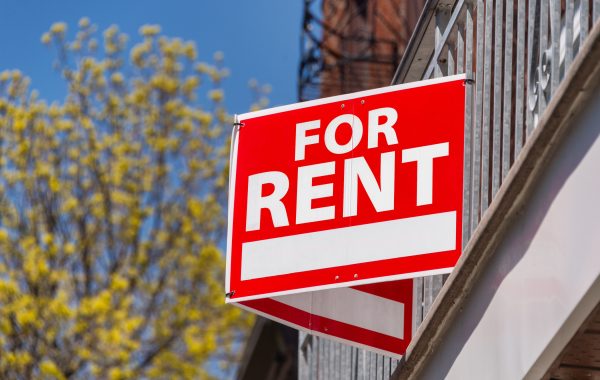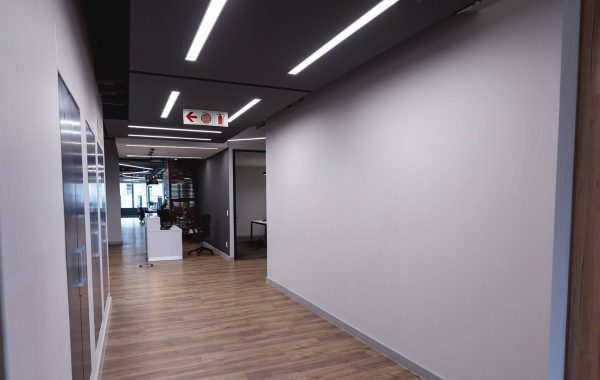
Tips on When and How to Improve Indoor Air Quality
If you’re wondering how to improve indoor air quality, then you’ve come to the right place. Having good indoor air quality (IAQ) is an important facet of managing your business. With good IAQ, your employees will be more comfortable and more productive. You should also experience fewer HVAC issues since your equipment will be better maintained in the process of achieving and maintaining that good indoor air quality.
However, to achieve better indoor air quality, you need to test and measure your current and ongoing IAQ. The following content outlines when and how to do this and what results you can expect along the way.
How should you test your indoor air quality?
When it comes to testing your indoor air quality, the best possible advice we can give you is to make sure you work with someone who understands exactly when and how to test IAQ. If you don’t work with someone knowledgeable, then you won’t actually know if what you’re doing is or isn’t working and you won’t be able to quantify any type of ROI.
On top of this, measuring IAQ requires specific equipment and testing resources that you likely won’t have available to you. While some testing (ex. CO2 levels, particulate counts) can be handled on-site by an HVAC contractor, other testing (ex. pathogens, mold) will require samples to be collected and sent off to a laboratory.
In most cases, you can reach out to your current HVAC service provider. They should already have in-depth experience with your HVAC and its history, and if your HVAC requires additional speciality testing, they can connect you with a company that’s capable of providing that service.
If you don’t have a current HVAC provider, you should seek out an HVAC contractor that specializes in commercial buildings.
When should you test your indoor air quality?
- Before & After: It’s important to test your IAQ before you begin any improvements with your HVAC system and at regular intervals during the improvement process. This will help you target and address specific problems such as VOCs (volatile organic compounds), odors, mold, and high particulate counts.
- During Preventative Maintenance: If you’re on a preventative maintenance program with an HVAC company, then make sure they’re testing your IAQ as part of your contract. IAQ should be tested when reviewing filter condition, outside air ratios, and more.
- Annually: Depending on your building, you may be required to test and measure your IAQ on an annual basis (or sometimes more). For example, healthcare facilities are required to test and record Air Changes per Hour (ACH) at least once a year.
How to improve indoor air quality?
If you want to improve your indoor air quality, that’s a great business goal. Better indoor air quality can only do good things for you, your employees, and your guests. However, there are a variety of methods and techniques HVAC professionals use to achieve and maintain good indoor air quality.
- Proper filtration: It’s important to make sure you have the proper filtration system set up for your business and the system you have in place (keep in mind, not all systems can handle all filtration solutions — the wrong one can do damage). While MERV filters are currently the most popular option, some situations necessitate specialized solutions such as bag filters, carbon filters, or HEPA filtration.
- Ventilation: A professional HVAC contractor can adjust outside air rates and assist with program controls and thermostats to maintain proper ventilation in your building.
- Preventive Maintenance: As we mentioned earlier, the proper preventative maintenance can keep your equipment clean and allow your HVAC contractor to identify IAQ concerns before they have the chance to cause major issues.
- Modern Technology: There are a variety of modern technologies HVAC professionals use to improve and maintain indoor air quality. These can include UV lighting, needlepoint bipolar ionization, and hydrogen peroxide. With some of these options, slight adjustments to how you operate your HVAC system are required. Because of this, it’s important to consult with a professional contractor during the selection and installation process.
Need help improving your IAC?
At BMI Mechanical, we have in-depth experience helping our clients improve and maintain their indoor air quality. We’ve helped companies deal with everything from seasonal allergies to COVID-19. If you’d like more information on how we can help you combat poor indoor air quality, send us a message today. We’d love to talk.




